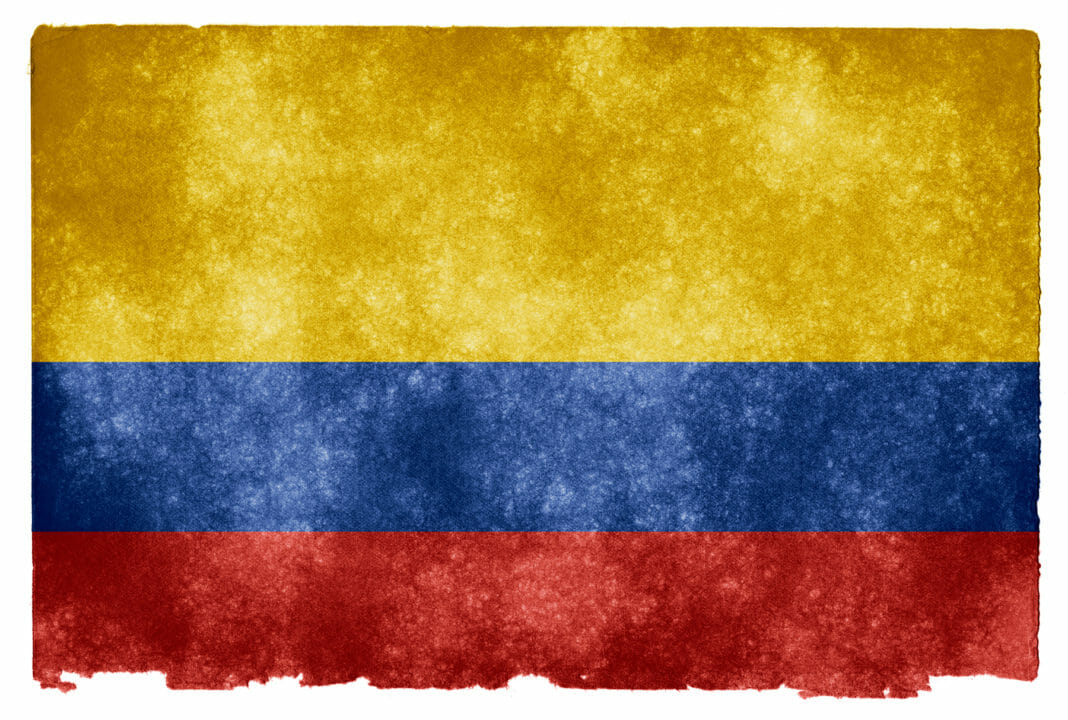The regulatory landscape for cryptocurrencies in Colombia is still ambiguous. Bitcoin is gradually ceasing to associate with scams.
Alejandro Beltrán is the Country Manager of the exchange platform Buda.com in Colombia. He considers that Bitcoin and companies in the cryptocurrency ecosystem are reliable even if they are not regulated.
Beltrán mentions a belief rooted in the culture of Hispanic countries, according to which the law does not regulate is neither safe nor reliable. He assures that this premise is not always true.
In that sense, he explains the current situation of cryptocurrencies in Colombia. He says that, despite initial criticism and resistance, the ecosystem is beginning to receive recognition from the country’s authorities and financial sector.
The executive notes that there are no more discussions about whether Bitcoin is a scam or not, as was the case a few years ago, and there are signs of greater respect. He adds that even bitter detractors have realized that cryptocurrencies have a technical foundation and well-structured mathematical support.
“However, the landscape of cryptocurrency regulation in Colombia is ambiguous. The financial system still does not understand the adoption process and is not clear about the importance of the development of the Colombian ecosystem.” Beltrán refers to the difficulties that exchanges face when operating in Colombia since it is impossible to open accounts in banks.
Colombia’s Bitcoin Ecosystem Strengthens
Beltrán points to the growth of the cryptocurrency sector in the South American country. In this way, while authorities debate the rules that they can apply, the risks of regulation, and the fear of possible scams, the cryptocurrency movement is booming.
He says that when he entered the cryptocurrency world five years ago, people were just talking about scams. However, he notes that the discussion has now a different tone since the ecosystem has strengthened.
He tells about the process of conversations with the managers of the central bank and the supervisory agencies of Colombia, to demonstrate the validity of Buda and the companies that operate in the ecosystem. The exchange platform was forced to close in August 2018 but reopened its operations in 2019 after negotiations with authorities.
When talking about regulation, Beltrán also refers to the existing inaccuracies. Bitcoin has been declared as an unregulated asset in Colombia, since “it does not have a vice of legality and is not prohibited.” However, supervisory entities sometimes go too far and take liberties in a prohibitive tone.
Regarding the tax issue, Beltrán says that some users have expressed the need to declare their investments in cryptocurrencies before the Colombian treasury as part of legal compliance. He also cites a guide to cryptocurrency tax return that Buda published, with guidelines for several Latin American countries.
In another order of ideas, Beltrán highlights the role of education in this ecosystem. He says that this is the best promotional tool, a job that he has been doing from Buda. “By educating users and teaching them what cryptocurrencies are and how they work, it is possible to create the best sales force.”
Finally, he expresses his interest in integrating cryptocurrency technology with existing advances in artificial intelligence, machine learning, and the Internet of Things.
Furthermore, he believes that the ecosystem is heading towards a maturation stage. However, he thinks that further progress is necessary for terms of adoption to achieve greater use of cryptocurrencies as a means of payment.
By Alexander Salazar











